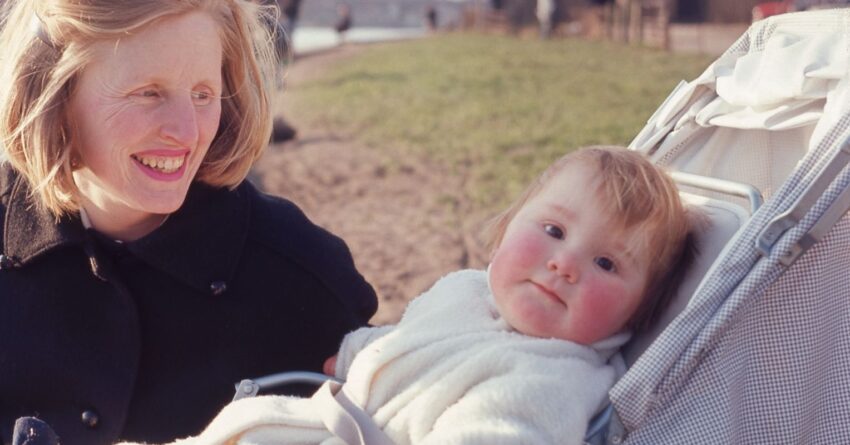.jpg?itok=N7vu2c0C)
Midsummer is approaching, and with it the potential for falling in love and experiencing madness.
Source: Alexander Maas/Used with permission
Shakespeare seemed to know that mental illness spikes in April, May, and June intuitively.
Long before the days of IPSOS research and SSRIs, his cast of the comedy A Midsummer Night’s Dream was sent into delirium on the summer solstice when a mischievous Puck squeezed a love potion made from flowers into the eyes of somewhat foolish Athenians. By the end of the play, they have all temporarily lost their marbles. Declares Puck:
If we shadows have offended,
Think but this and all is mended,
That you have but slumber’d here
While these visions did appear.
And this week and idle theme,
No more yielding that a dream…
It was only a “dream” after all. Playwrights have used this analogy for centuries. You may not be old enough to remember Bobby Ewing returning to Dallas, but I am. The Dream Season ended with Bobby’s return and the reveal that his death and all the events following it took place in his wife Pamela‘s dream.
According to Adam Kaplin, Johns Hopkins’ assistant professor of psychiatry, suicide rates spike in the light of spring, not the darkness of winter, and there is a documented increase in manic behaviors and bipolar disorder symptoms worsening during the spring.
Last year I lost my mother
.jpg?itok=HDCesAAE)
Sarah with her mother, children’s author and illustrator Mary Rayner, best known for her “Pig Books” and illustrating “Babe, The Sheep Pig” by Dick King Smith
Source: Sarah Rayner

Me in March 1965, just before my brother was born. I look very anxious!
Source: Sarah Rayner
I experience mood swings and at this time of year can feel my temper rising. I think it was the pressure of exams that first made me crazy—that and the shorter nights, which made it harder to sleep—but my father, a psychoanalyst, mooted the notion because that was when my little brother was born. Until that time, I had had my parents to myself. Certainly, in photos taken in the run-up to his birth, I look very worried. My father died in 2016 and my mother last year, in 2023. My stepfather passed away in 2009. The only parent I have left is my stepmother. We have had our rows over the years, as she would leap to defend my father so swiftly. Now I appreciate that this was because she loved him deeply and committedly.
And now, horror of horrors, I am 61! How on earth did that happen? Most days I still feel 16. Perhaps that’s the period of my life that I am ‘stuck’ in, where I have most unresolved issues. Certainly, my teenage years were hardly a walk in the proverbial park, caught as I was between two warring parents, each telling me they were right, and the opposite party was wrong.
“If you don’t get divorced,” I recall shouting, “I will leave home.”
I was 18 and expect they both thought, What’s the big deal there? Aren’t you going to university any minute, anyway? But most of us remember what being a teenager was like. There are big similarities between adolescence when our hormones are being switched on, and menopause, when they are being turned off. By the time we are approaching the end of life, the symptoms of diseases such as Alzheimer’s may mean we return to childhood. We can become gaga, like babies, needing feeding and nappies.
From what I can see, she is going to be with us for a few years. She is an intellectual force of nature and at 88 was granted an honorary doctorate.
“Wow,” I said, impressed. “You are an inspiration.”
She brushed off the compliment. “I’m nothing. You should see my friend, Pam, she is 100!”
“We all have to die sometime,” she said. “We have to make way for the next generation.”
A very pragmatic approach to dying if ever there was one. Of course, some people achieve more than she has, and others live longer. The oldest person in the world is currently Maria Branyas, who is 117.
It’s worth building bridges before loved ones pass
But whether you love or hate your parents, I believe it is often worth building bridges before they pass away, for the sake of both parties. Few people want to look back on the final encounter they had with a loved one regretting all the words left unsaid.
